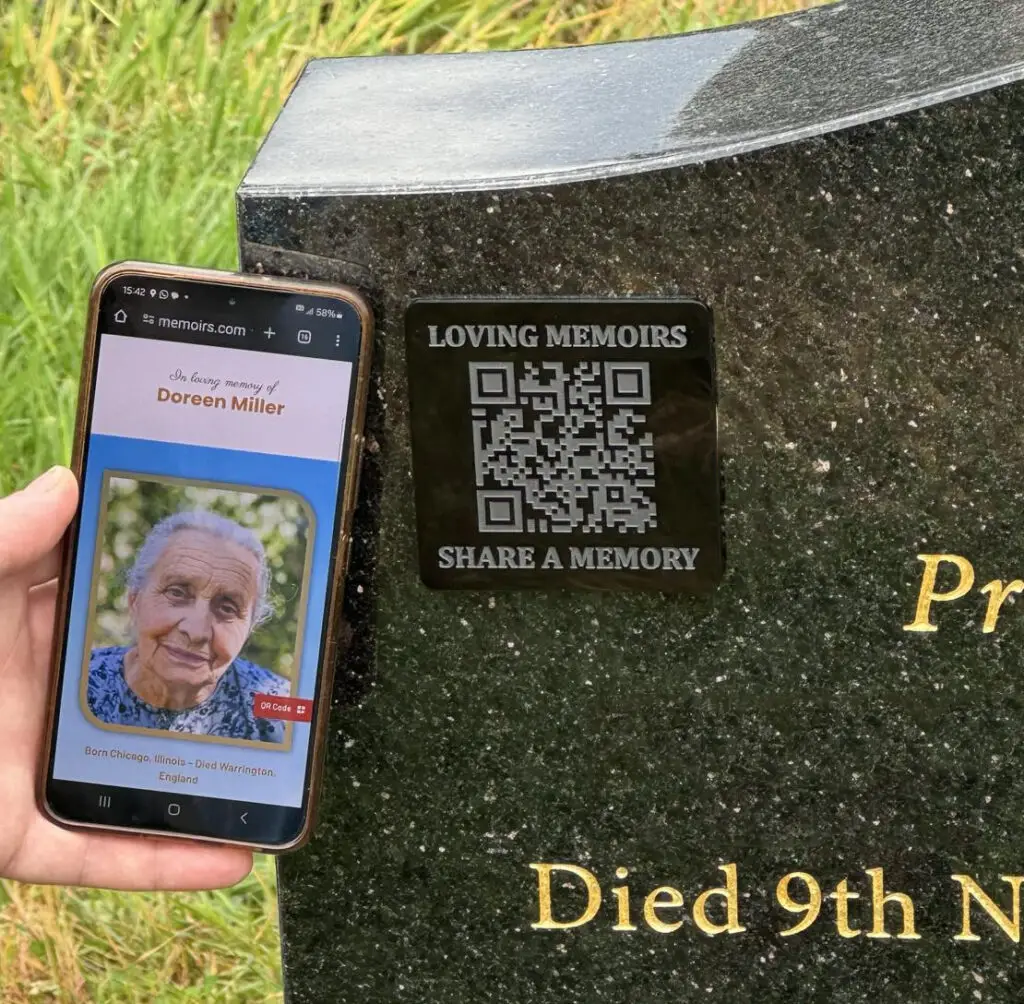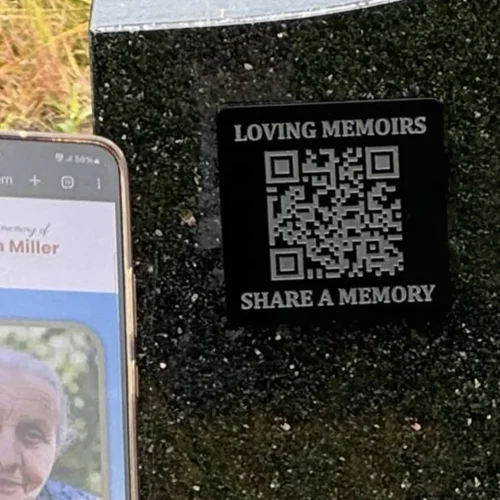Losing a loved one is a tough part of life. It challenges us deeply. But it also makes us want to remember them always. Films or videos can help us share messages on keeping memories alive. There are ways to cope that can bring comfort and healing.
This article is here to help you through grief and remembrance. It looks at how to deal with the pain, do meaningful rituals, and keep memories alive. It’s for those looking to honour loved ones after they’re gone, find closure after tragedy, or set up a lasting memorial. You’ll learn valuable tips and get the right tools for a strong, healing journey.
We will talk about the fear of forgetting our dear ones. We’ll find our own definition of remembrance. And share how to balance the sadness with remembering in a healthy way. Special days like anniversaries and birthdays are important. They help us keep our loved ones’ memories and legacies alive through remembrance rituals.
Our aim is to give you the strength and knowledge to walk through grief and remembrance. This way, you’ll find comfort, healing after tragedy, and a strong connection to those who have left. By memorialising the deceased and preserving their legacies, we show our love and keep their spirit alive.
Understanding the Fear of Forgetting
The journey through grief stirs deep feelings, and many worry about forgetting those they’ve lost. Here, we look at the common concerns about memory, the true meaning of remembrance, and how you can create your own understanding of it.
Acknowledging Common Fears Around Remembrance
In grief, some fear they might forget their loved ones. They worry that not constantly grieving means they care less. For others, the fear of losing memories like a voice or a laugh is real. These fears show a deep desire to preserve their loved ones’ memories.
Exploring the Meaning of “Remembering”
The definition of “remembering” is holding in mind awareness of people or events from the past. However, personal experiences vary greatly. Everyone’s journey to keep memories alive takes a different form.
Defining Remembrance on Your Own Terms
This section prompts readers to consider what remembering means to them. Reflect on these questions:
- How do you express and experience the memory of your loved one?
- Which actions, rituals, or memories bring you closer to your loved one’s memory?
- What’s your way of “keeping the memory alive” in a significant and genuine manner?
Exploring these questions will help you find a path that respects your unique journey and your loved one’s legacy.
Grief and Remembrance: Finding Balance
Dealing with grief and the need for remembrance can be tricky. Sometimes, we try to keep things the same after losing someone. For instance, leaving a child’s room as it is, or being afraid to make changes. These actions are normal but can make healing harder.
Why We Try to Keep Things the Same
Wishing to protect a loved one’s memory leads us to keep everything unchanged. This might mean not changing a child’s room or being wary of changes that might seem disrespectful. Yet, being too rigid can stop us from moving forward. It’s about finding a way to keep memories while still growing and changing.
Acknowledging and Challenging Remembrance Fears
It’s crucial to look closely at our fears of forgetting a loved one. Asking questions like “What do these fears tell us?” or “Can we see this in a different light?” are helpful. They encourage us to face our concerns and find a better balance in our grieving and remembering.
Incorporating Daily Remembrance Practices
There are simple ways to remember a loved one each day. This could be keeping a special item close or doing something you both enjoyed. By incorporating these practices, we keep their memory alive while moving forward ourselves.

Honouring Memories on Special Days
Special days like anniversaries, holidays, and birthdays can be tough. They remind us of those we’ve lost. But they’re also opportunities to honour memories and celebrate the good times we had together.
By acknowledging these special days, we can find comfort. We celebrate the life of our loved ones. And we keep feeling connected, even though they’re no longer with us.
The Role of Anniversaries, Holidays and Birthdays
Anniversaries, holidays, and birthdays bring out many emotions. They make us think of happy and sad times. We remember our loved ones and feel their absence strongly.
But, they’re also chances to celebrate their legacies. We can cherish their memories. Doing so helps keep them close in our hearts.
Creating Meaningful Remembrance Rituals
Before these days come, it’s good to think about what we want to do. We can do things that remind us of our loved one. Like lighting a special candle or visiting their favourite spot.
Every person has their own way to remember. By picking activities that reflect our loved one, we find comfort and keep their memory alive.
We can also do good in their name. Like giving to a charity or sharing stories. There are many ways to make these days special and healing. The key is to turn grief into a celebration of life. Keeping the memory of our loved one vibrant.

Keeping Loved Ones’ Legacies Alive
Grieving and remembering our loved ones can be tough. But there are meaningful ways to keep their memory alive. We can do this by continuing their work, sharing their passions, or living the qualities we loved in them.
You can do good things in their memory. Think about causes they cared for. Maybe they loved a charity. You could volunteer there or give a donation in their name.
Or try to be more like them. If they were kind and generous, you could be kind to others too. This keeps their loving spirit with you.
It’s also nice to do what they loved. Was there a hobby they were passionate about? Pick it up. This helps feel close to them and gives you a purpose during tough times.
Focusing on the good they did can be very healing. It can turn mourning into a positive action. This way, their legacy lives on through you.







